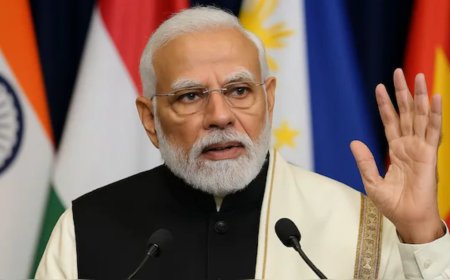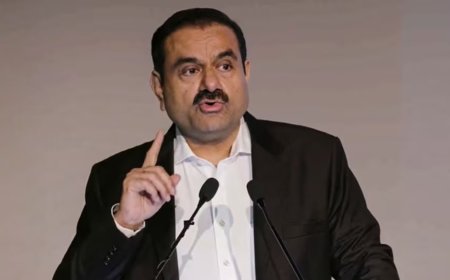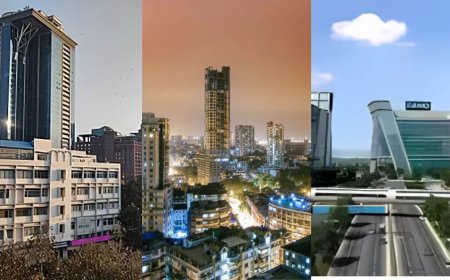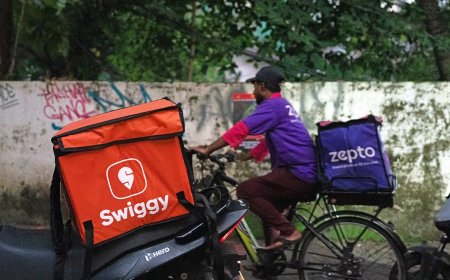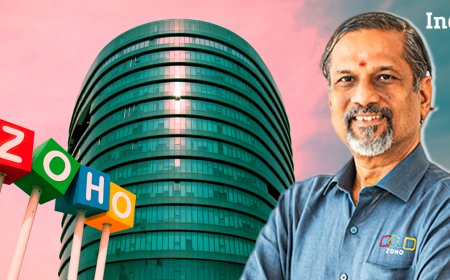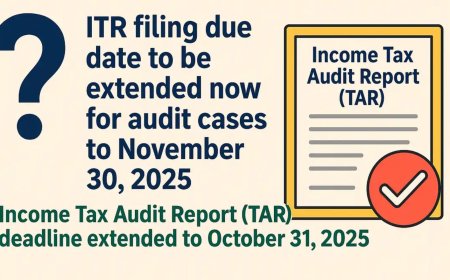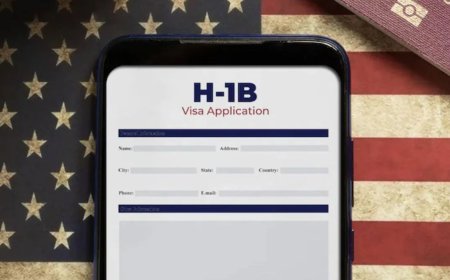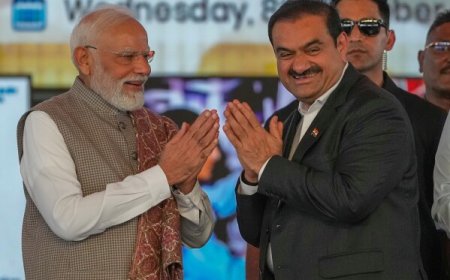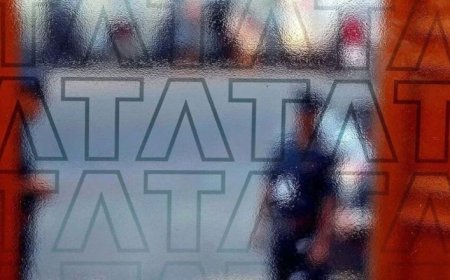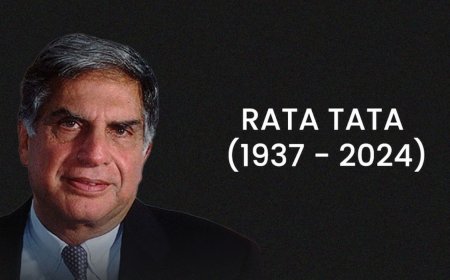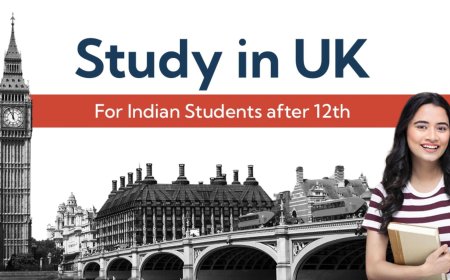Canada to End Birthright Citizenship? Conservatives Push for New Immigration Reforms; Impact on Indians
Canada’s Conservative Party proposes ending birthright citizenship for children of non-residents. Here’s how the immigration reform could affect Indian families and students in Canada.

What Is Birthright Citizenship?
Under current Canadian law, any child born in the country automatically receives Canadian citizenship — even if their parents are not citizens or permanent residents. This principle, known as jus soli (right of the soil), has long been considered one of the cornerstones of Canada’s inclusive immigration policy.
However, the Conservative Party, led by Pierre Poilievre, argues that the law is being misused by non-residents who travel to Canada solely for the purpose of giving birth and securing citizenship for their children — often referred to as “birth tourism.”
Conservative Party’s Proposal
According to recent statements, the Conservatives plan to end automatic citizenship for children born to non-citizens and non-permanent residents. This means that in the future, only children born to parents who are Canadian citizens or permanent residents would automatically qualify for citizenship.
Poilievre and his party believe this move would “restore fairness” to Canada’s immigration system and ensure that citizenship is granted only to those with a genuine connection to the country.
How Could This Impact Indian Immigrants?
The Indian diaspora is one of the largest immigrant groups in Canada, with over 1.6 million people of Indian origin currently living in the country.
If birthright citizenship rules are amended, the new policy could affect:
-
Indian students and workers in Canada on temporary visas who have children there.
-
Tourists and short-term visitors from India.
-
Future families planning to move to Canada with the expectation of automatic citizenship for their children.
Experts say that such reforms could create additional hurdles for immigrants, increase paperwork, and change long-term settlement plans for families from India and other countries.
Political and Legal Challenges Ahead
While the Conservative proposal has sparked national debate, implementing it would require significant legal and constitutional changes, as birthright citizenship is currently enshrined in the Canadian Citizenship Act.
Immigration advocates and opposition leaders have already voiced strong opposition, arguing that the policy could lead to discrimination and reduce Canada’s global reputation as a welcoming nation.
Legal experts also warn that ending birthright citizenship could face constitutional challenges, as it may conflict with the Charter of Rights and Freedoms.
What Lies Ahead
For now, birthright citizenship remains intact. However, the issue is likely to become a major topic in Canada’s upcoming elections.
As immigration continues to shape Canada’s demographic and economic future, the debate over who deserves automatic citizenship is expected to intensify — with Indians among those watching most closely.
What's Your Reaction?
 Like
0
Like
0
 Dislike
0
Dislike
0
 Love
0
Love
0
 Funny
0
Funny
0
 Angry
0
Angry
0
 Sad
0
Sad
0
 Wow
0
Wow
0






